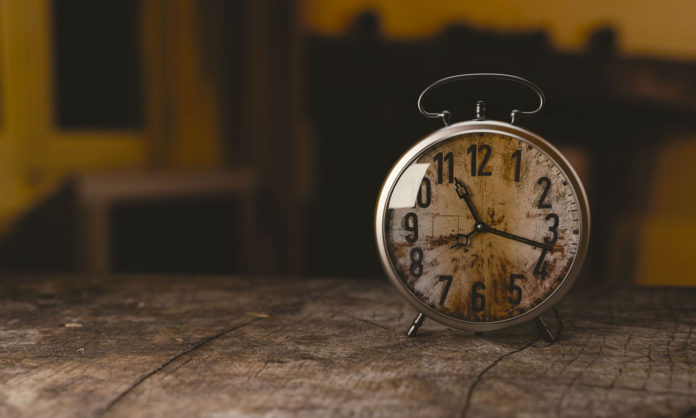
For many years, Polish poet and recipient of the 1996 Nobel Prize in Literature Wisława Szymborska dispensed anonymous writing advice in a regular column for the journal Literary Life. A new collection, How to Start Writing (and When to Stop), collects much of this advice for posterity. Lit Hub recently shared some excerpts:
To Waldemar, from Kraków: Of course you can suddenly start writing after forty. That’s not even particularly late, given that other laws govern such mature beginnings. A youthful debut succeeds by way of imaginative freshness and a still unfettered worldview. Impressions, not reflections, dominate; spontaneous observations take the place of insights drawn from a hard-won understanding of the world. From a late debut, on the other hand, we expect additional virtues: a fair share of human experience and—in cases not involving fact-based memoirs—a consciously shaped literary taste. In a word, a forty-year-old shouldn’t write as if he or she were seventeen, since then neither time nor mental gifts will take up the slack.
To U. T., from Kraków: A young musician attends the conservatory, a young artist studies at the academy, but the young writer has nowhere to go. You view this as an injustice. Not so. Schools for musicians and painters provide first and foremost technical knowledge you’d be hard pressed to acquire on your own in relatively short order. What is the writer to learn at his institute? Any ordinary school is all it takes to push a pen across the page. Literature holds no technical secrets, or at least secrets that can’t be plumbed by a gifted amateur (since no diploma will help the talentless). It’s the least professional of all artistic callings. You may take up writing at twenty or seventy.
To Eug. Ł., from Inowrocław: Trips abroad? We sincerely hope you’ll take them, they sometimes come in handy. But before you head off to Capri, we suggest a trip to Lesser Wółka. If you come back with nothing to write about, then no azure grottoes will save you.











